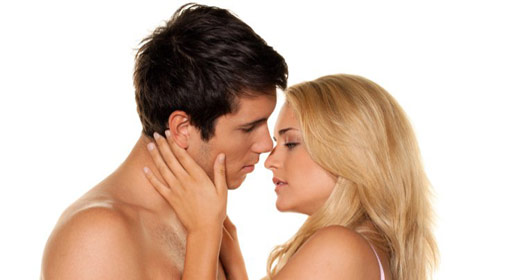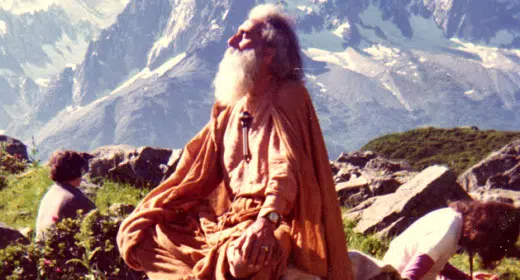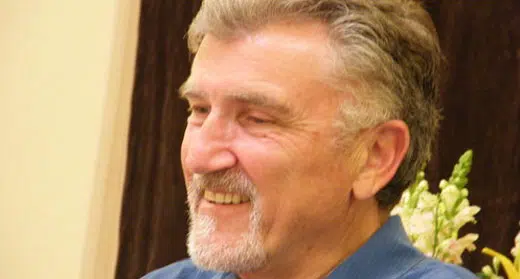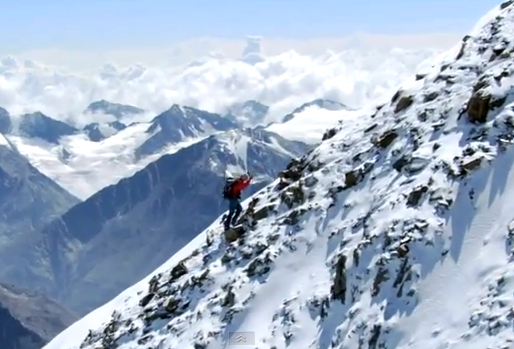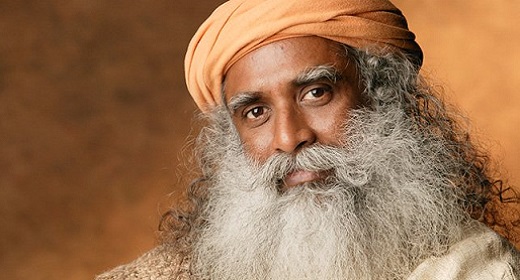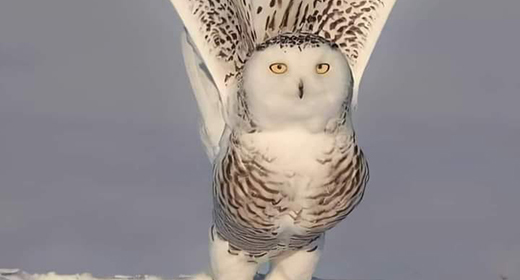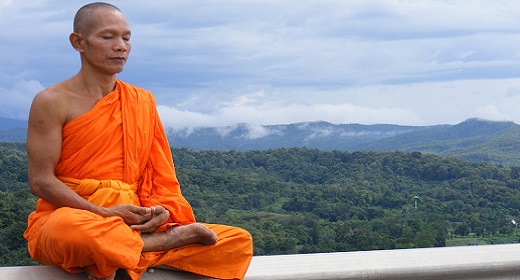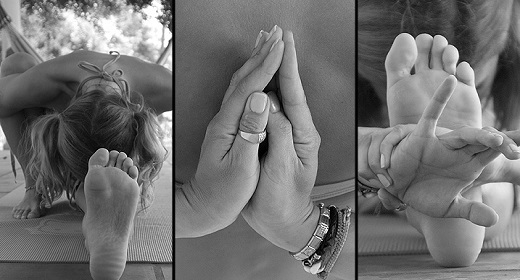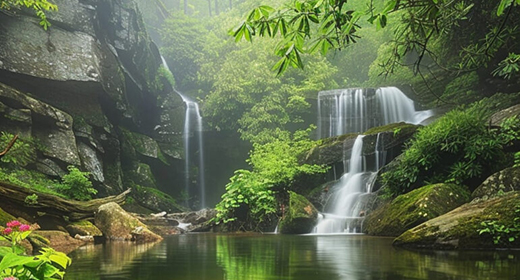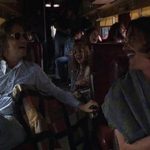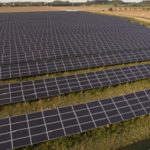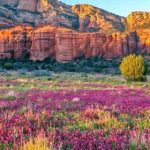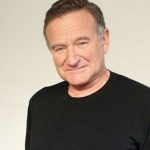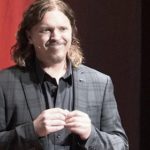Maranda Pleasant: We’re so excited to have you in. What is it that makes you feel most alive?
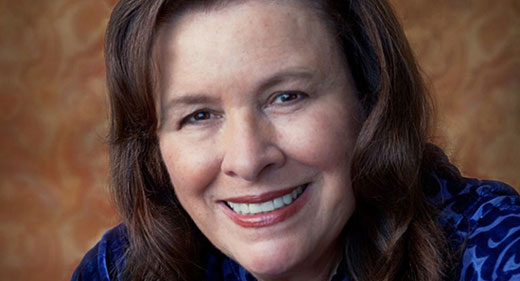
Jean Houston: Well, I could say, of course, nature, dogs, and cats. I’m very much an animal and nature person. But I think you’re also asking another order of question. I am deeply activated by a sense of history, and have been since I was a tiny child. Really feeling that these were the times, we were the people, this was the most critical time in human history. Other people thought their times were the pinnacle and this is it. This is where we really, together, make a decision of whether to evolve or perish.
I wake up every morning of my life with that kind of sense. My prayer is, let me be a blessing to someone or something today. I’ve worked in 108 countries to date. I find that all over the world, not only is there an acceleration of just about everything, but that many of the old patterns are deconstructing. New ones are arising. It’s tremendously exciting, challenging, and also sometimes, well, scary. Certainly one is brought to the brink of one’s sense of who one is, what one has to do, why me, why now, why in this time in history? I am really driven, believe it or not, am awakened by a sense of being in this powerful axis, this turning point in human history.
MP: If you could say something to every human on the planet, what would that be?
JH: We have barely begun to tap into the genius of our humanity. Each person is a really a great treasure house of capacities, possibilities, energies. These are the times and we are the people. It would be wonderful if people could grow together in groups, teaching and learning communities where they empower, evoke, explore the enormous capacities of the human condition. I believe that we are stewards of a time that is upon us—but often we need the encouragement of each other to be able to wake up to this extraordinary time and possibility.
MP: I just read that Buckminster Fuller said that your mind was a “national treasure.”
JH: Bucky was very sweet. By the way, I live in a house that is the last thing that he designed before he died in ’83. So I live in a double-domed house looking out over the hills. nd I’m looking out at the mountains, the Cascade Mountains out in front of me in Ashland, Oregon.
MP: What does love mean to you?
JH: What does love mean? Love to me is—the final lines in Dante’s Paradiso, when he says, “The love that moves the Sun and all the stars”—it’s what draws us together, it’s why we have leaky margins with each other. It is that sumptuous, sensuous, sensitive quickening that happens when we really know ourselves as love and see ourselves as loving. We are the love, the lover, the loving, and the love. It is the Supreme. It is the deepest force in our lives. In a world such as ours, where we have to cross the great divide of otherness or we will not survive, love is perhaps the most critical aspect that is there in our humanity, to both activate and to practice. The more you love, the more loving you become. That’s just the way it works. It is a generosity of spirit. The very fact that we are—as I said on Oprah—we are all in it together.
MP: You just made me cry. Jean Houston just made me cry. When you were on Oprah and you said, “we’re all in this together”—can you tell me about the conversation you all had on “Super Soul Sunday”?
JH: Well, let me talk a little bit about being with Oprah. I’m one of those people, like many of people who you’re probably talking to now who is interviewed all the time, from one subject to another, from the nature of intelligence of dogs to how does the universe work and all the parts in between. Oprah is unique, in my experience, in being interviewed. In the face-to-face interview, certainly. She is very well-prepared. She is deeply interested in who you are and what you have to say. You find yourself deeply interested in her. It’s a communion. You find yourself in a kind of covenant, to explore mutually whether it is lives, whether it’s ideas, whether it is the time—you are there in a co-creative relationship with her. There doesn’t appear to be any judgement. It’s an open field for mutual discovery. That’s what it’s like to be with Oprah.
MP: Is there anything that you learned from your time talking and sharing with her? In that beautiful exchange we can have revelations about our own consciousness. Is there anything that you remember from those conversations?
JH: Yes, certainly. One of the things, like you do: she asks ultimate questions. She asks the essential questions of origin. So that you cannot go back—you can’t bring up your little arias. No arias! You literally find yourself soul speaking and truth telling. I’m quite astonished at what I knew! [laughing]
MP: Soul-speaking and truth-telling! I’ve got to write that down right now. I love that. Can you share with me the things that make you feel vulnerable?
JH: Do you mean vulnerable in a positive or a negative sense? Vulnerable is a catch-all word like “love” and “schizophrenia.”
MP: I love that “love” and “schizophrenia” are in the same sentence! It all really comes down to how people interpret and frame the word “vulnerable.” Are there things that make you feel exposed or open or fragile?
JH: If you travel as much as I do—165,000 miles last year—you exist nowhere. You’re always between heaven and earth, you’re always arriving in a new place, you’re always starting from the beginning—talk about origins—and you don’t know quite what’s going to unfold. You live in the unexpected and the inexplicable all the time. That’s my kind of life. I don’t know if I’m going to be greeted as pariah or prophet and all the places in between. And because of the nature of my life, because I train a great many people, I come upon such a huge variety of human species, as well as the earth species for that matter.
So one is always vulnerable. I find you have to come as litmus paper and be available to whatever way you can be. I’ve been around for a very long time, I’ve been around since God had baby cheeks. At this point, you’ve had a whole lot of experience, but everything is also radically new at each moment, and you have to bring a kind of childlike second-level innocence to bear upon all situations, if you are going to be of use and you are going to really learn from the situation or the people.
MP: You’re just blowing me away.

